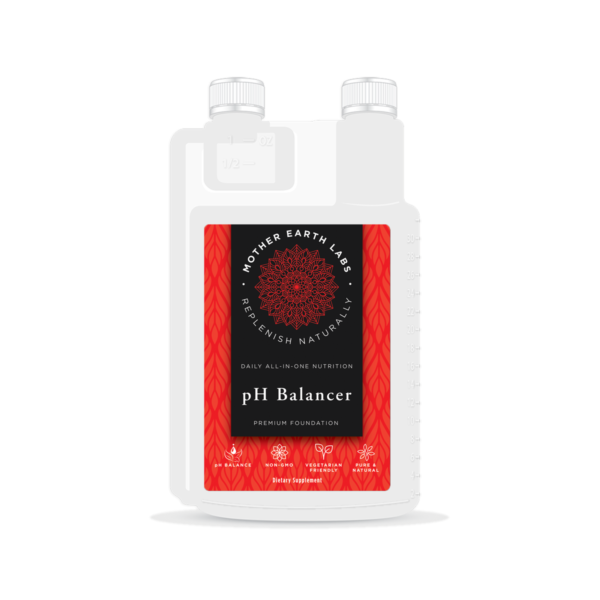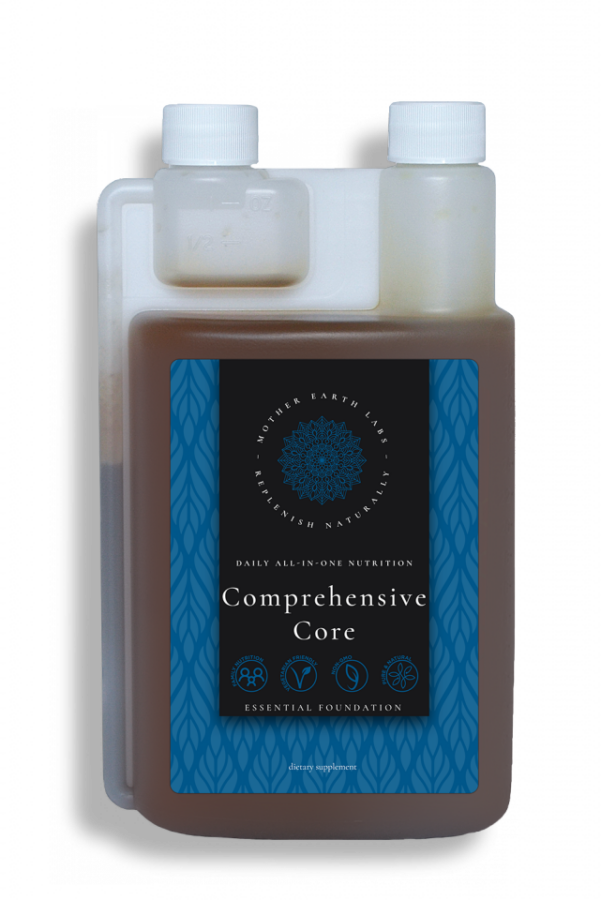Combating Fatigue in Cancer Patients

10 Causes of Fatigue in Cancer Patients
Fatigue in cancer patients is a complex and multifaceted symptom with various contributing factors. Here are some common causes:
- Cancer Treatments
- Chemotherapy: Often leads to fatigue due to its impact on healthy cells, including those in the bone marrow, which can reduce red blood cell counts and overall energy levels.
- Radiation Therapy: Can cause fatigue in the area being treated as well as systemic fatigue.
- Surgery: Postoperative fatigue is common as the body recovers from the surgical procedure.
- The Cancer Itself
- Tumor Load: The presence of tumors can lead to fatigue by consuming energy and affecting organ function.
- Metabolic Changes: Cancers can alter metabolism, leading to increased energy expenditure and decreased appetite, which can contribute to fatigue.
- Anemia
- Reduced Red Blood Cells: Cancer and its treatments can lead to anemia, which reduces the oxygen-carrying capacity of the blood, causing fatigue.
- Nutritional Deficiencies
- Poor Appetite: Cancer and its treatments can affect appetite, leading to insufficient intake of essential nutrients.
- Malabsorption: Some cancers can interfere with nutrient absorption, leading to deficiencies that contribute to fatigue.
- Pain
- Chronic Pain: Persistent pain from the cancer or its treatment can be exhausting and contribute to feelings of fatigue.
- Sleep Disturbances
- Sleep Disorders: Pain, anxiety, or side effects of treatment can disrupt normal sleep patterns, leading to tiredness and fatigue during the day.
- Psychological Factors
- Stress and Anxiety: Emotional stress and anxiety about the cancer diagnosis, treatment, and prognosis can lead to mental and physical fatigue.
- Depression: Cancer patients are at higher risk for depression, which can significantly contribute to feelings of fatigue.
- Infections
- Immune System Suppression: Treatments like chemotherapy can weaken the immune system, making patients more susceptible to infections, which can cause fatigue.
- Hormonal Changes
- Endocrine Disruptions: Certain cancers and their treatments can affect hormone levels, leading to fatigue.
- Dehydration
- Fluid Loss: Treatments, nausea, or poor intake can lead to dehydration, which can cause or worsen fatigue.
Strategies for Managing Fatigue in Cancer Patients
Managing fatigue in cancer patients often requires a multifaceted approach, including medical treatment for underlying causes, nutritional support, pain management, psychological support, and lifestyle adjustments. It’s important for cancer patients experiencing fatigue to communicate openly with their healthcare team to address this symptom effectively.
Dealing with fatigue during chemotherapy can be challenging, and while it’s essential to follow your oncologist’s advice, some supplements might help alleviate fatigue. However, always consult with your healthcare provider before starting any new supplements, as they can interact with your treatment or condition. Here are a few supplements that are sometimes considered for managing fatigue:
Fatigue from Cancer Treatments
Cancer treatments can lead to significant fatigue, which can be both physical and emotional. Here’s a brief overview of what you might experience and some strategies to manage it:
Causes of Fatigue
- Chemotherapy and Radiation: These treatments target rapidly dividing cancer cells but can also affect normal, healthy cells. This can lead to tiredness and a lack of energy.
- Medications: Some drugs used in cancer treatment can contribute to fatigue as a side effect.
- Anemia: A common side effect of cancer treatments, anemia occurs when there’s a shortage of red blood cells to carry oxygen, leading to increased tiredness.
- Emotional Stress: The stress and anxiety of dealing with cancer and its treatment can contribute to fatigue.
- Disruption of Sleep: Treatment side effects and the general stress of illness can interfere with sleep patterns.
Strategies to Manage Fatigue
- Rest and Sleep: Prioritize getting enough rest and try to maintain a consistent sleep schedule.
- Balanced Diet: Eating a well-balanced diet rich in nutrients can help combat fatigue. Consider talking to a dietitian for personalized advice.
- Stay Hydrated: Drinking plenty of fluids helps maintain energy levels.
- Gentle Exercise: Engage in light physical activity, such as walking or stretching, to boost energy levels. Always consult with your healthcare provider before starting any new exercise regimen.
- Energy Conservation: Break tasks into smaller, more manageable parts and prioritize essential activities to conserve energy.
- Support System: Lean on friends, family, or support groups. Talking about how you feel can also help alleviate some of the emotional burdens that contribute to fatigue.
- Professional Help: If fatigue is severe or persistent, it might be helpful to consult with a healthcare provider. They can evaluate whether there are underlying issues like anemia that need to be addressed or adjust your treatment plan if necessary.
Fatigue from Cancer Load and Metabolic Changes in Cancer Patients
Combating cancer-related fatigue and metabolic fatigue requires a multi-faceted approach, as both types of fatigue can have complex and overlapping causes. Here are strategies and supplements that may help address these issues, but always consult with your healthcare provider before starting any new treatments:
Nutrition and Diet
- Balanced Diet: Eating a well-balanced diet rich in fruits, vegetables, lean proteins, and whole grains can support overall health and energy levels.
- Hydration: Staying hydrated is crucial. Dehydration can worsen fatigue, so drinking adequate water is essential.
Supplements
- Vitamin D: Low levels of vitamin D can contribute to fatigue. Supplementing may help if you’re deficient.
- B Vitamins: B12 and folate are important for energy metabolism. If you’re deficient, supplements can help improve energy levels.
- Iron: For those with anemia due to chemotherapy, iron supplements might be necessary. Ensure you have blood tests to determine if you need iron.
- Coenzyme Q10 (CoQ10): This antioxidant helps with cellular energy production and may alleviate fatigue.
- L-Carnitine: Helps with energy production in cells and may reduce fatigue.
- Omega-3 Fatty Acids: Found in fish oil, they have anti-inflammatory properties that might support overall energy levels.
- Acetyl-L-Carnitine: May help with energy levels and cognitive function, especially if fatigue affects your mental clarity.
- Ginseng: Has been suggested to help with fatigue and overall energy, but evidence is mixed.
Lifestyle Modifications
- Exercise: Gentle, regular exercise can help combat fatigue. Activities like walking, stretching, or yoga can be beneficial.
- Sleep: Prioritize good sleep hygiene to improve rest and recovery.
- Stress Management: Techniques such as meditation, deep breathing, or counseling can help manage stress and its impact on fatigue.
Medical Interventions
- Medications: In some cases, your doctor may prescribe medications specifically to help manage fatigue.
- Therapies: Depending on your situation, other therapies such as cognitive-behavioral therapy (CBT) might help to manage cancer-related fatigue.
Monitor and Adjust
- Regular Check-ups: Keep up with your healthcare provider to monitor your progress and adjust your approach as needed.
Strategies for Fighting Anemia and Fatigue in Cancer Patients
Monitoring
- Blood Tests: Regular monitoring of hemoglobin levels, iron, vitamin B12, and folate is essential.
- Medications:
- Erythropoiesis-Stimulating Agents (ESAs): Drugs like epoetin alfa or darbepoetin alfa stimulate red blood cell production. Use under close medical supervision due to potential risks.
- Iron Supplements: Oral or intravenous iron may be prescribed if iron deficiency is identified.
- Vitamin B12 and Folate Supplements: If deficiencies are detected, supplementation can help.
Nutritional Support
- Iron-Rich Foods: Include red meat, poultry, fish, beans, lentils, and fortified cereals.
- Vitamin C: Enhances iron absorption, so include citrus fruits, tomatoes, and bell peppers in your diet.
- Vitamin B12 and Folate: Found in meat, dairy products, eggs, and leafy greens.
Manage Side Effects
- Minimize Bleeding: Avoid medications that increase bleeding risk, and address any sources of bleeding promptly.
- Manage Inflammation: Chronic inflammation can contribute to anemia, so managing it through medication or lifestyle changes may help.
Supportive Care
- Blood Transfusions: In severe cases, transfusions of red blood cells can provide immediate relief and improve symptoms.
- Address Underlying Issues: Treat any underlying conditions or complications that may be contributing to anemia.
Addressing Nutritional Deficiency in Cancer Patients
Poor appetite can play a big role in fatigue for cancer patients. Maintaining adequate nutrition is crucial for managing fatigue, so it’s often helpful for patients to work with a dietitian or nutritionist. They can provide strategies to improve appetite and ensure that even small amounts of food provide the necessary nutrients and energy.
Diet Strategies
Sometimes, eating small, frequent meals, focusing on high-calorie and high-protein foods, and incorporating supplements can make a difference. There are several diets aimed at helping fight fatigue and providing nutritional support:
- Alkaline Diet: The goal of an alkaline diet is eat more alkaline-forming foods to both increase your body’s alkaline reserves and to balance out your intake of acid-forming foods.
- Keto Diet: The Ketogenic diet has been proposed as an adjuvant supportive therapy when used along with chemotherapy in cancer treatment. Furthermore, some cancers lack the ability to metabolize ketone bodies due to mitochondrial dysfunction.
- Budwig Diet: The Budwig Diet’s focus on increasing the body’s absorption and utilization of oxygen aligns well with today’s High pH Therapy protocol, and both protocols work well together towards that goal.
Supplements
- Multi Mineral/Vitamin Supplements: It is important to choose a good multi mineral and vitamin supplement that includes not only essential vitamins and minerals but also all of the trace minerals your body needs to function properly. Choose a supplement that is organic, free of fillers and fake sugars and sweeteners. I recommend a product like Comprehensive Core Daily or pH Balancer Daily Alkalizer. It is Organic, Non-GMO, Gluten-Free, Soy-Free, Vegetarian Friendly.
- Alkaline Minerals: There are many minerals that are also alkaline and have an alkalizing affect in the body. These alkaline minerals can be taken as supplements to support an alkaline diet. Alkaline minerals include magnesium, sodium, potassium, rubidium, germanium, and cesium.
Other Factors
Pain, sleep disturbances, psychological factors such as stress, infections, hormone changes, and dehydration should all be discussed with your doctor.
The bottom line is, there are many causes of fatigue in cancer patients. It is important to identify the cause in your situation and consult with your doctor on addressing these causes.
Suggested Links


Share This Article With Someone You Know
This article is copyright ©2019 Essense of Life, LLC. All rights reserved. Do not copy without permission.
This information is not medical advice and is certainly not intended to replace the advice or attention of your personal physician or other healthcare professional. Therefore, consult your doctor or healthcare professional before making any changes to your diet or starting a supplement program.



Facebook Comments